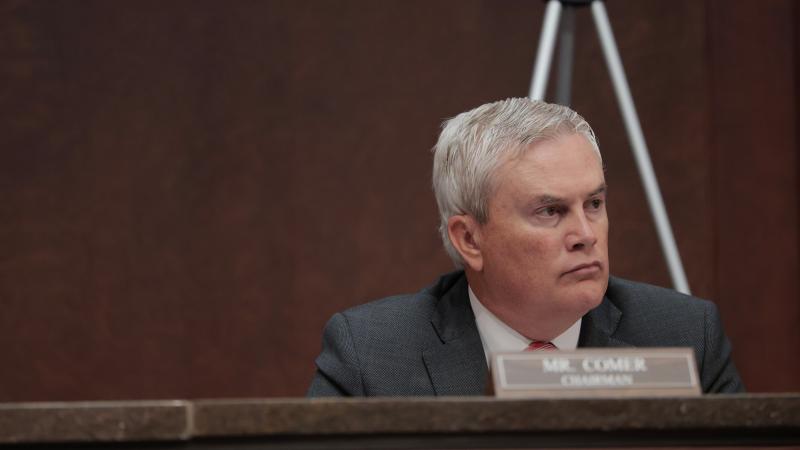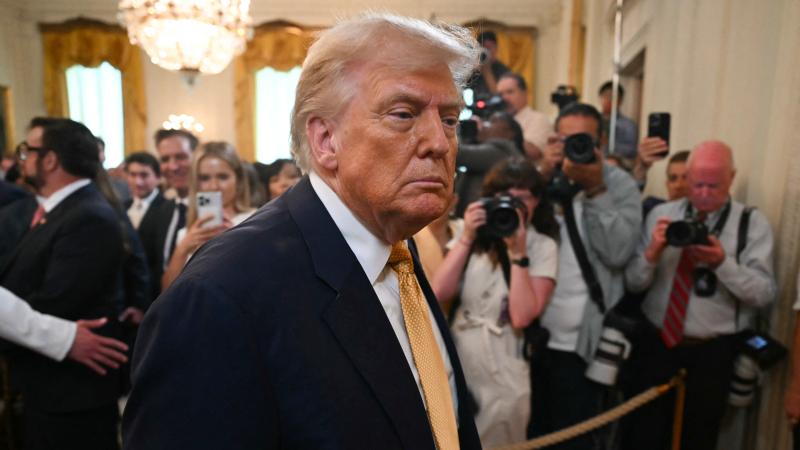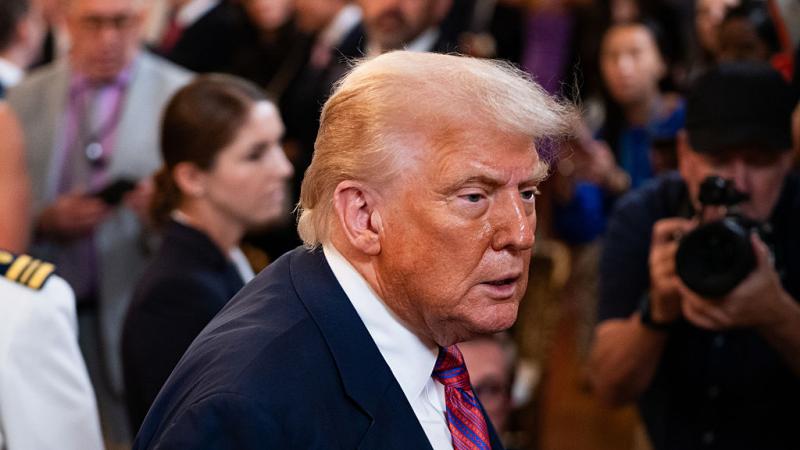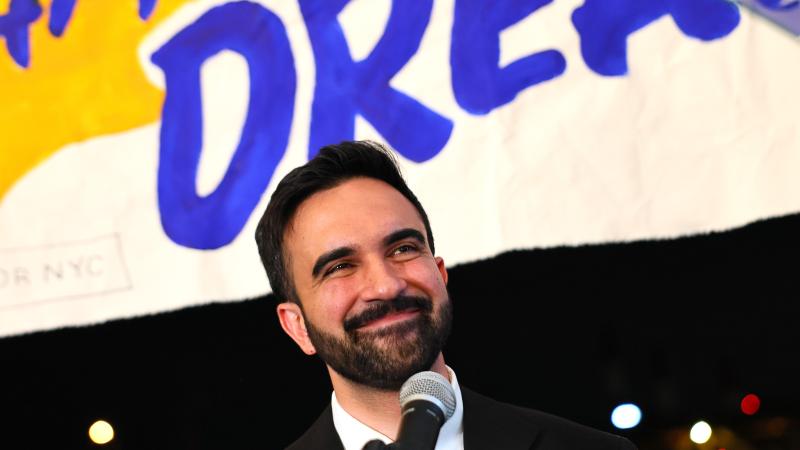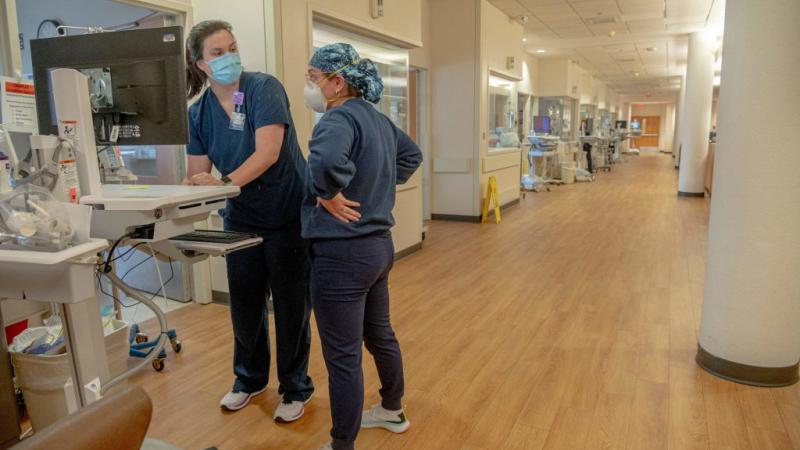Airports ask Congress for more federal bailout funds
President and CEO of Airlines for America says a federal social distancing policy would be a 'money losing proposition' and 'job loss proposition' for airlines
Todd Hauptli, president and CEO of the American Association of Airport Executives, told a Senate committee on Wednesday that U.S. airports are going to need another bailout.
The $2.2 trillion CARES Act included $10 billion “as economic relief to eligible U.S. airports affected by the prevention of, preparation for, and response to the COVID-19 pandemic,” according to the Federal Aviation Administration.
“Given the significant decline in aviation activity and revenue, and the precipitous drop in passenger facility charge collections that help support bond payments, airports will need additional federal assistance at least as large as the initial amount provided in the CARES Act and congress must provide billions of dollars in financial support for other parts of the aviation ecosystem,” Hauptli said during a Senate Commerce, Science and Transportation hearing on the state of the aviation industry.
“General aviation airports, business aviation, concessionaires, and other airport partners that have been significantly dislocated and impacted by the crisis," he said. "I recognize it's not popular to come up here and ask for more help, but the scale and the scope of this crisis requires it and we’re going to have to get past the sticker shock and get to yes."
In addition to the federal resources, Hauptli said, "the aviation industry needs clear and consistent federal guidelines and standards to protect passengers and workers now and as travel returns to the system."
An airline industry group has warned that social-distancing policies could cause a major increase in fares for passengers.
During the hearing, Nicholas Calio, president and CEO of Airlines for America, was asked if he would support federal social distancing seating guidelines for airlines as the U.S. economy begins to reopen.
Calio said airlines prefer to practice social distancing with their policies “voluntarily” during the coronavirus pandemic.
“We are doing that now to the greatest degree possible,” he replied. “In the long term that’s a business model that cannot be sustained because if it costs more to fly people from point A to point B, it’s a total money losing proposition, which then means it’s a job loss proposition.”
Calio told the committee that the CARES Act has helped airlines retain their employees.
“We want to thank the committee again and the Congress and the administration because the CARES Act has given us some breathing room to move onto the next step to try to survive where we are,” he said.
“The bottom line is this is a matter of sheer gut survival. These businesses have been crippled in a matter of seven weeks. We are looking to come back, find our footing, find our way to the next step, and lead our economy recovering,” he also said.
Calio said airlines hope the federal funding they received so far, coupled with the loan programs in the CARES Act, will be enough to provide them a “bridge to the future” without seeking additional federal assistance.

